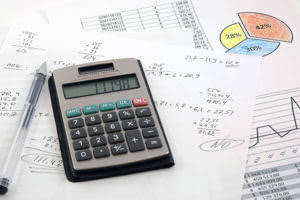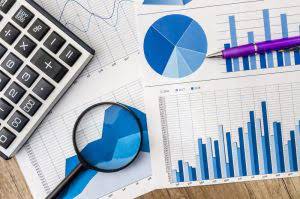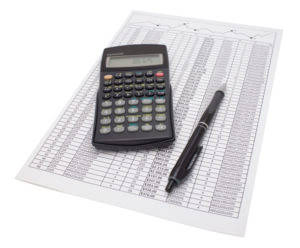
For example, revenue is used to establish the datapoint comprising the “sales” component of a price-to-sales calculation. Presented in alphabetical order, this glossary of accounting terms covers essential basics and key concepts. You can look up individual terms, or read the guide from start to finish for a quick crash course in accounting fundamentals.

Definition of Accounting

Tax accounting is the branch of accountancy that deals with the application of tax planning to benefit the business and the preparation of tax returns. Cost accounting is the branch of accountancy that is commonly used in the manufacturing industry. Cost accounting is used to derive the cost of a product for decision-making purposes. This allowed them to distinguish themselves as accountants rather than solicitors. Even before the petition, the accountant profession was distinct in Scotland. However, this petition allowed for accountants to be seen as professionals in accountancy rather than mere solicitors in the rest of the world as well.

Management Accounting
- Many management accountants also have a master’s degree in accounting, business, finance, or a related field.
- Auditing and forensic accounting represent other important accounting specializations.
- Chartered Accountants are bound by a set of ethical standards, which are typically set by the regulatory body that governs their practice.
- Fiduciary accounting is the branch of accountancy that is related to the management of funds in trusts.
- The basis for the modern accounting principles was laid thousands of years ago in ancient Mesopotamia, a historical region in Asia.
- The demand for accountants with technical expertise is expected to rise because many companies are using more complex software programs, such as SAP ERP and Oracle Financials, instead of spreadsheets and manual processes.
- As the accounting field continues to evolve, new types of accounting are likely to emerge to meet the ever-changing business and organization’s needs.
In addition to some of the duties of the accountant, a CPA must also conduct audits and file reports with the accountancy SEC among other duties. Accounting practice is the process and activity of recording the day-to-day financial operations of a business entity. Accounting practice is necessary to produce the legally required annual financial statements of a company. There are different accounting methods that companies can choose to use, and there are principles that companies must abide by.

Perfect for Employees, Bookkeepers, Students, Accountants, and Small Businesses
- The term is sometimes used alongside “operating cost” or “operating expense” (OPEX).
- An accountant is a professionally qualified person who performs accounting functions, i.e. preparing and maintaining accurate financial records of the enterprise.
- We pride ourselves on expert ACCA and CIMA online tutors who are highly experienced in teaching every aspect of the syllabus.
- The ability to think logically is also essential, to help with problem-solving.
- This institute created many of the systems by which accountants practice today.
Accounting is meant to keep a complete record of the business transactions in a sequential manner, which forms a base for the preparation of the financial statements of the company. It aims at providing information to the interested parties to make sound financial decisions. Working capital defines the sum that remains after subtracting current liabilities https://x.com/BooksTimeInc from current assets. Equity capital specifies the money paid into a business by investors in exchange for stock in the company. Accountancy has many branches such as financial accounting, management account, cost accounting, auditing, tax accounting, etc. In this branch of accounting, expenses are recorded in the statement of functional expenses.
- Becoming a Chartered Accountant is a challenging and demanding process, involving rigorous academic and professional training.
- They can also be held liable under statutory law by state or federal securities regulatory bodies.
- In its most basic sense, accounting describes the process of tracking an individual or company’s monetary transactions.
- Current liabilities are liabilities due within one year of a financial statement’s date.
- This includes compliance with relevant laws and regulations and avoidance of any action that may bring disrepute to the profession.
- Prospective Chartered Accountants then sit for a series of professional examinations, which test their knowledge and skills in various areas, including auditing, financial reporting, taxation, and law.
- The financial statements used in accounting are a concise summary of financial transactions over an accounting period, summarizing a company’s operations, financial position, and cash flows.
As an example, consider a company that outsourced work to an external contractor. An accrual would immediately recognize and record the cost of the contractor’s work, regardless of whether the contractor had actually submitted an invoice or received payment. Students sometimes enter accounting programs with little technical knowledge. This guide serves as an easy-to-use resource for developing the vocabulary used by accounting https://www.bookstime.com/ professionals.
